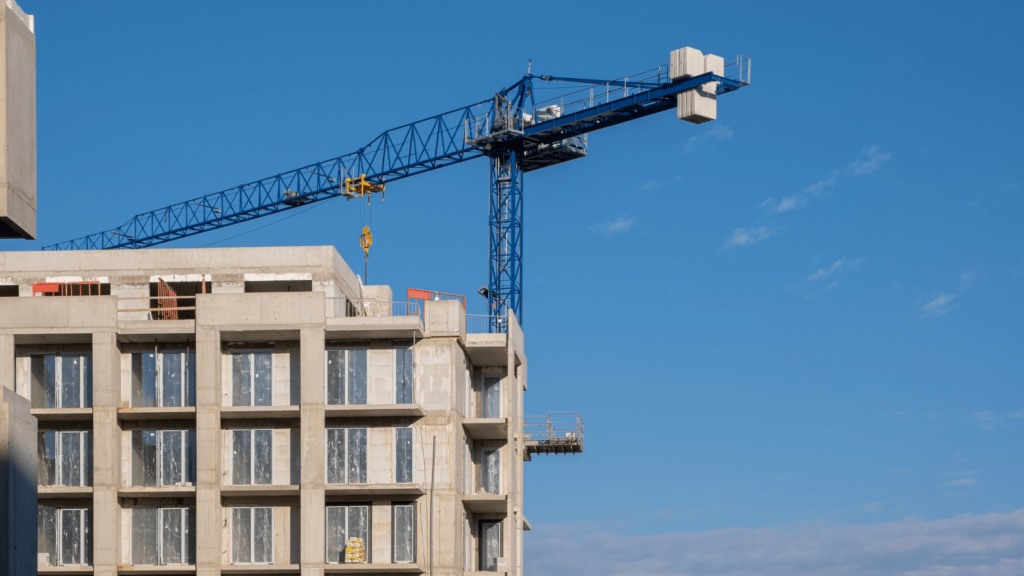Construction executives embraced the Federal Reserve’s 0.5 percentage point rate cut announced on September 18, viewing it as the beginning of broader economic relief expected to stimulate new project launches.
The U.S. construction industry is closely watching the Federal Reserve’s next moves regarding interest rate cuts. With inflation cooling and market conditions shifting, many in the sector anticipate that a rate cut could be the spark to jump-start new construction projects. But what exactly could this mean for builders, developers, and investors?
John Sullivan, chair of the U.S. real estate practice at DLA Piper, a London-based law firm, expressed optimism about the potential impact of multiple rate cuts over the coming months. “If we have a series of rate cuts over the next three to six months, that will likely start to show up in lower construction [loan] rates and greater availability of equity investment toward the end of this year and into next year,” Sullivan said.
He believes this trend will lead to reduced construction loan rates and increased equity investment by the end of this year and into the next. Sullivan highlighted that borrowing costs for various projects will decrease as rates drop, potentially boosting real estate investment and construction activity.

Interest rates are critical in determining borrowing costs for residential and commercial construction projects. When the Fed cuts rates, borrowing becomes cheaper, and access to capital improves. Reducing financing costs encourages developers to take on new projects, leading to job creation and overall industry growth. Lower rates also make housing more affordable, which could boost demand for residential construction in markets where home prices have been sluggish.
However, there are other factors at play. While a rate cut could bring immediate benefits, it doesn’t guarantee an instant boom. Supply chain disruptions, ongoing labor shortages, and material cost inflation continue to present challenges. Builders may be cautious about overcommitting, even with lower borrowing costs, as profit margins remain tight due to elevated prices for raw materials and skilled labor. “To really move the needle, loan-to-value ratios will need to improve alongside the rate cut to make financing even more attractive,” said Cory Moore, CEO of Big-D Cos., a Salt Lake City-based general contractor.
Rising interest rates in recent years have significantly impacted the construction sector by curbing expansion plans. A rate cut could provide much-needed relief to balance out the industry’s pressure, but the state of the broader economy will dictate the overall effectiveness of the measure.
For contractors and developers, carefully planning and managing financial risks will be vital in taking advantage of any rate cut. As borrowing costs potentially fall, new opportunities could emerge in residential housing and commercial real estate sectors.
Ultimately, the construction industry stands to benefit from a Fed rate cut, but long-term growth will depend on addressing persistent supply chain issues and rising costs.



